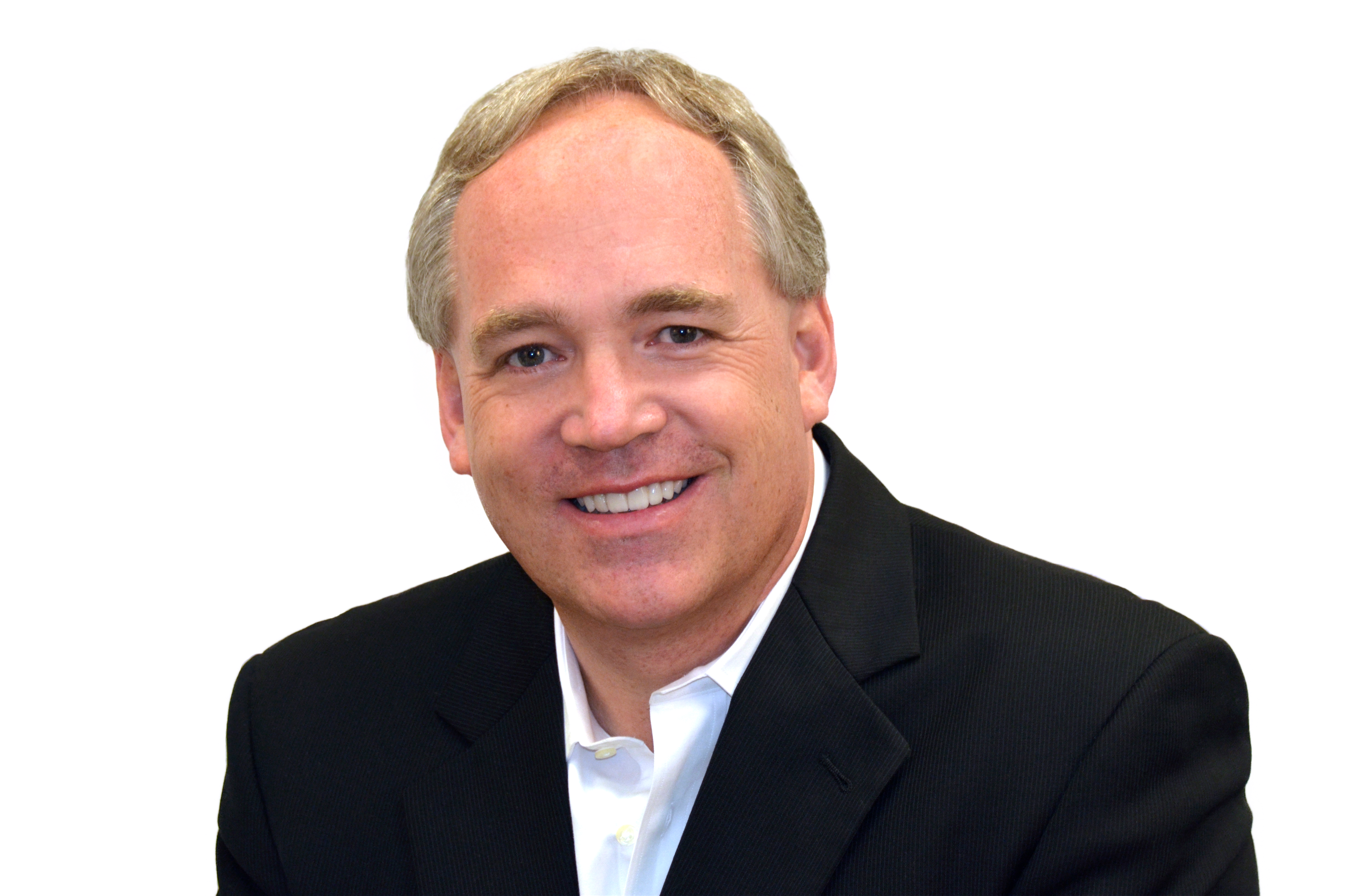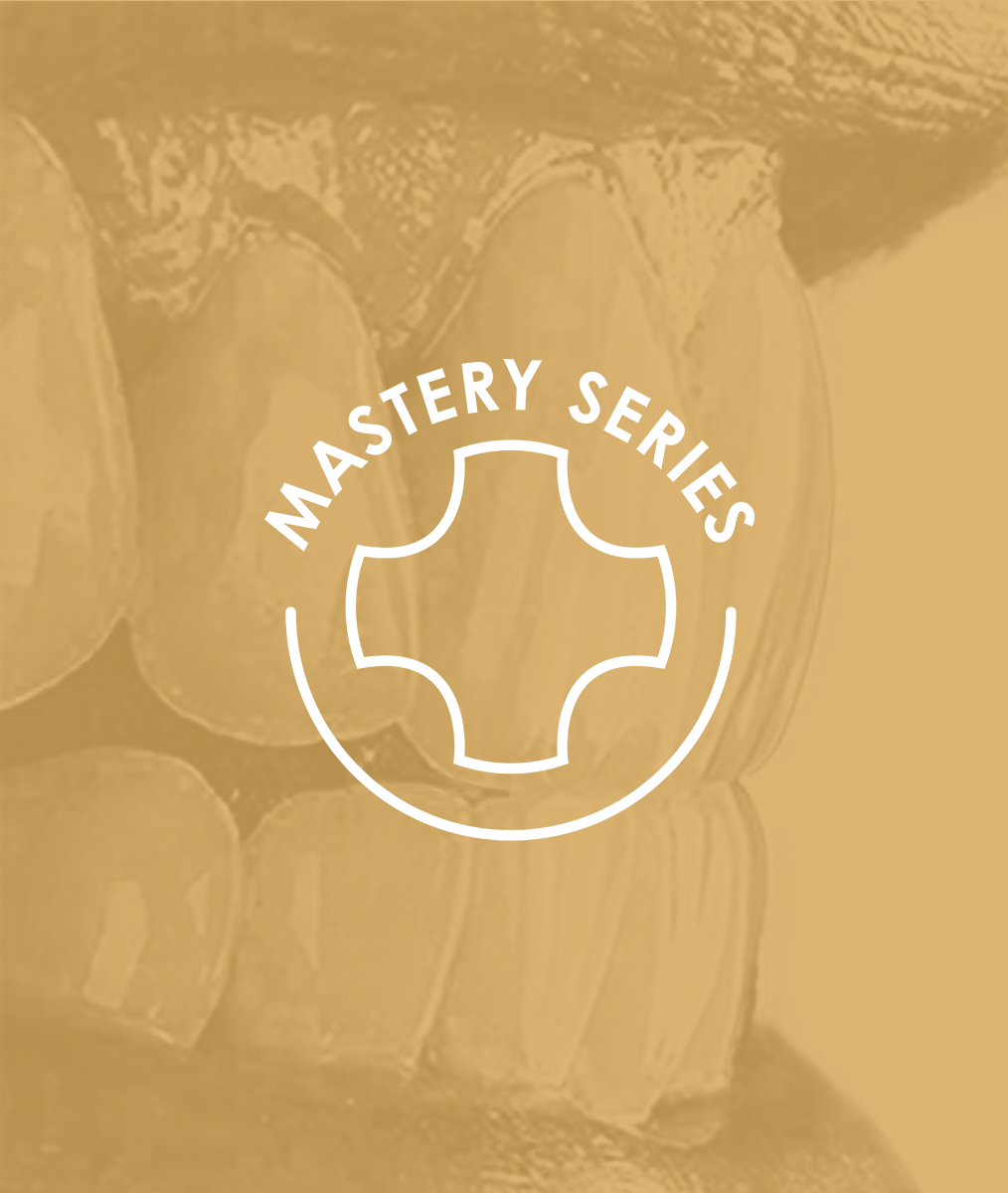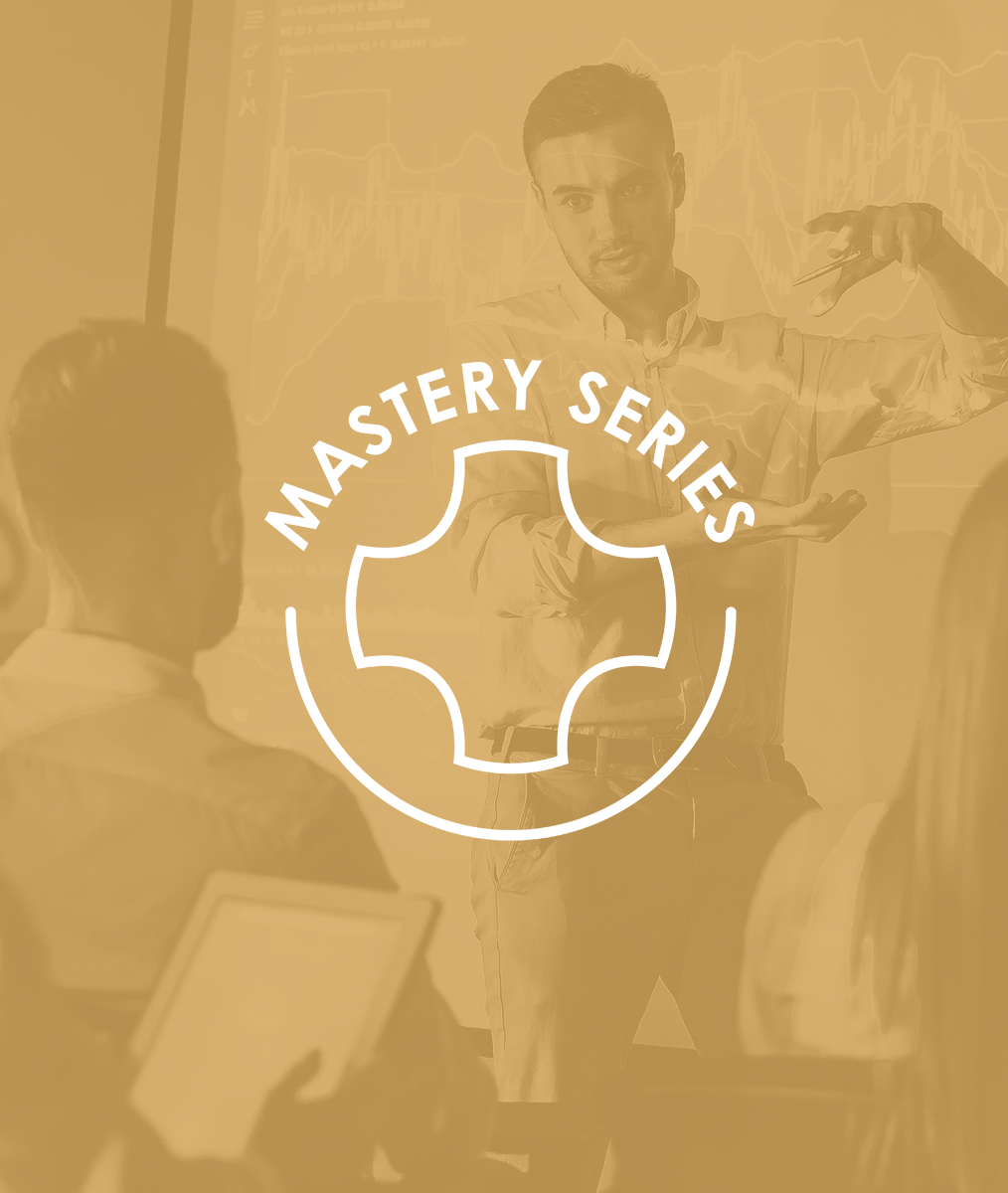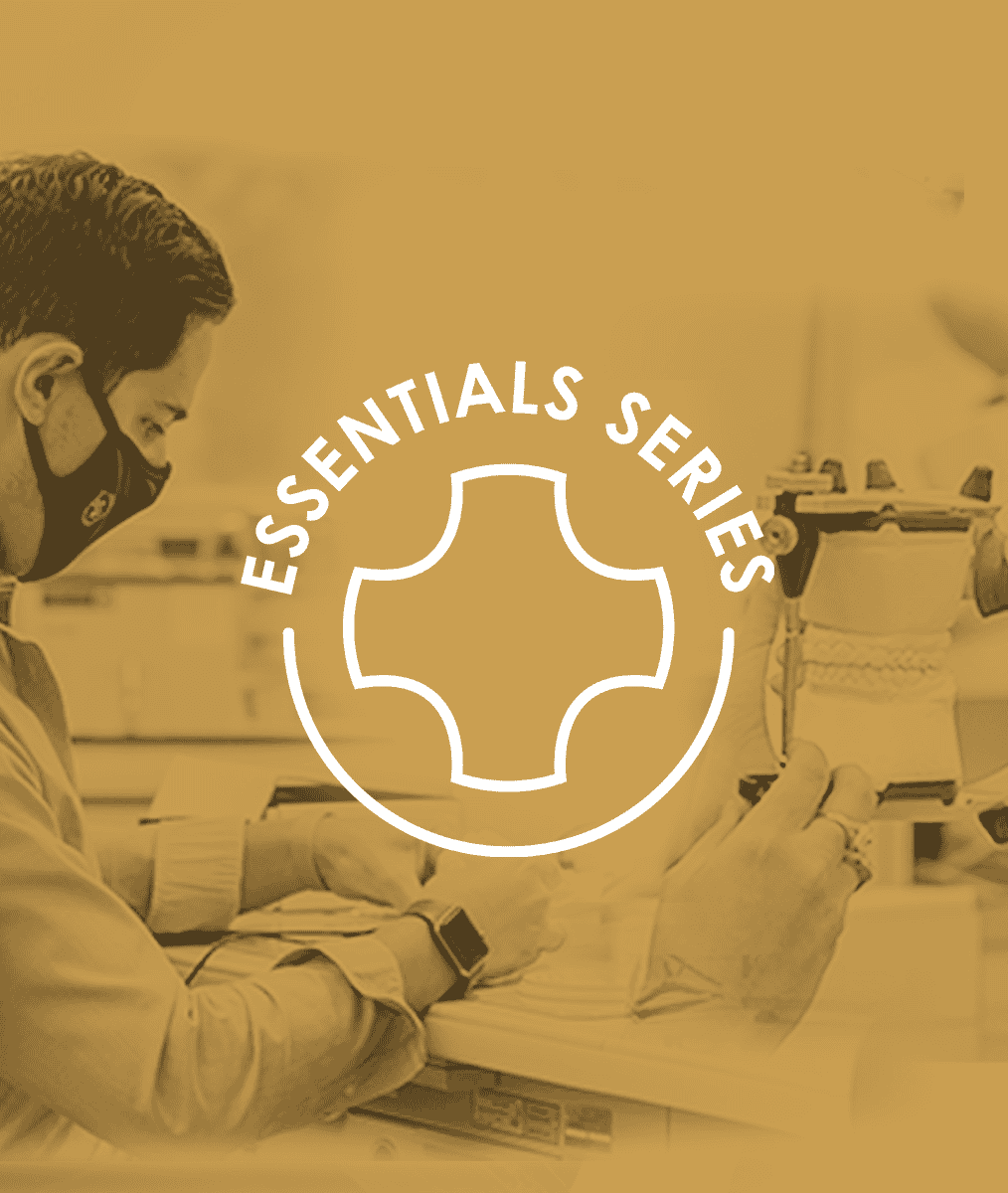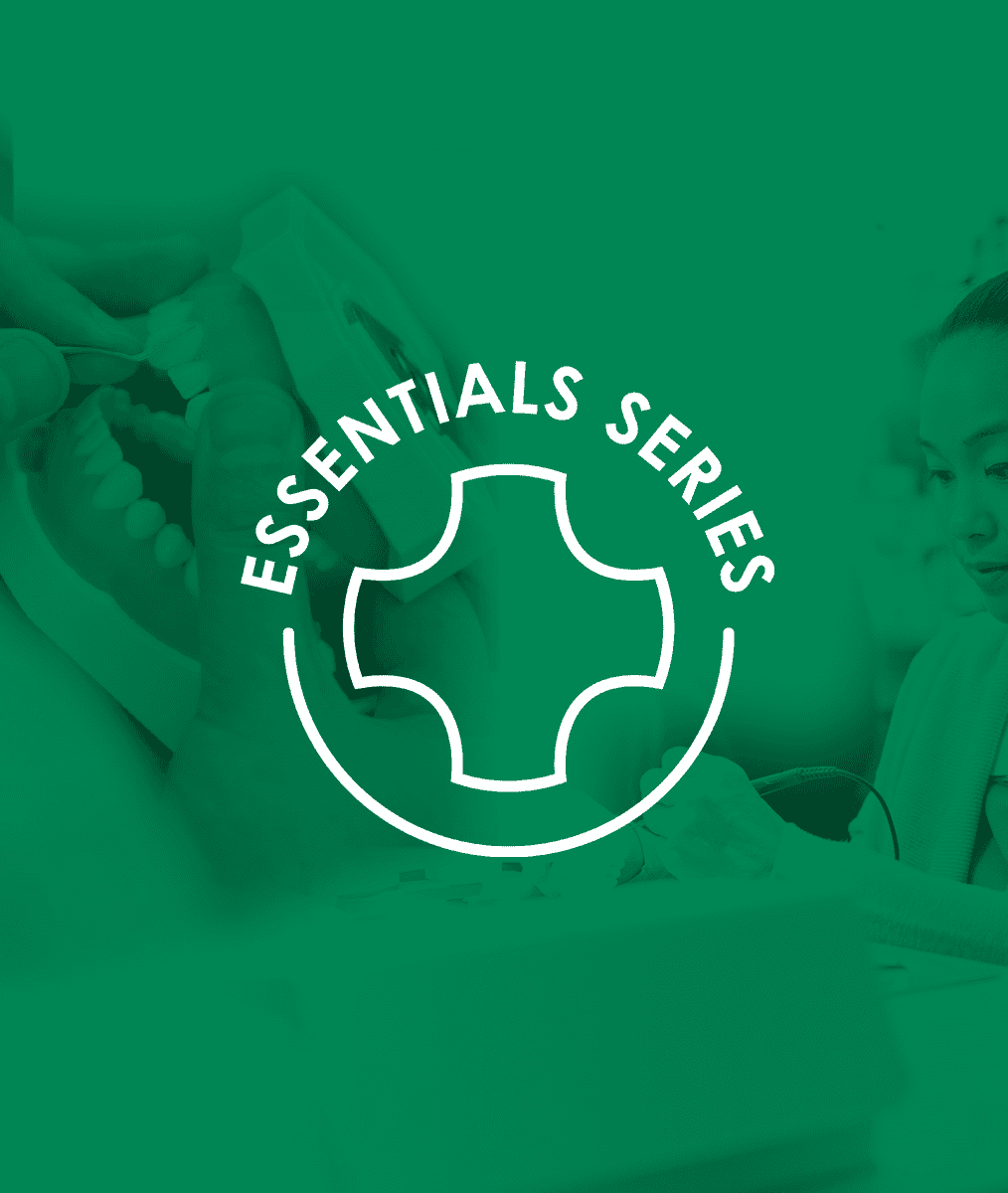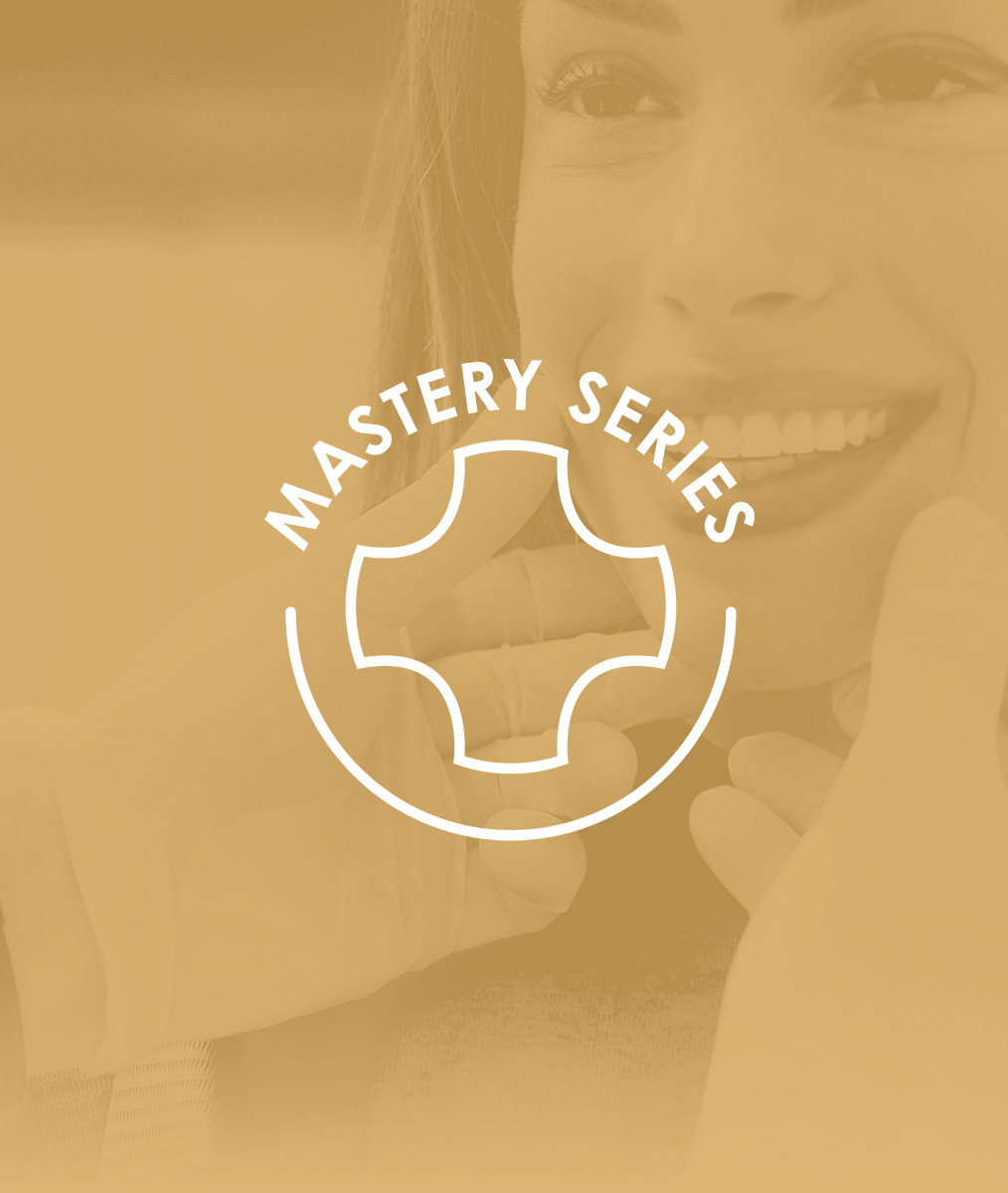When asked about The Pankey Philosophy, L.D. Pankey famously responded, “What do you mean when you ask me about The Pankey Philosophy? I am not familiar with the document, although I do recall writing an essay entitled A Philosophy of Dentistry by L.D. Pankey.”
Most dentists are comfortable acknowledging that L.D. Pankey was a great philosopher and that he was the first well-known philosopher in dentistry, but most dentists don’t think of themselves in a similar fashion; rather they like to think of themselves as being prototypes of practicality. This is why most dentists never even think about the value of writing a Philosophy Statement.
Just what is a philosophy statement?
A philosophy statement is a statement of core beliefs, and a validated philosophy is a philosophy statement which has been affirmed through its frequent use, reference, and revision. It is, therefore, a living creed around which a person or group of people live their lives.
A great example of a validated philosophy statement was how Wilson Southam and the Group at Cox operated a number of years ago. Cox was a progressive dental equipment designer and manufacturer located in Stony Creek, Ontario. Wilson Southam was an investor, a co-owner, as well as the philosophical leader of the company. Cox had developed a philosophy around which all of its equipment would be designed – a concept is called, “the computerized dental cockpit,” fashioned similarly to how a fighter pilot might operate. And Cox preferred to sell its equipment to only those who understood its philosophy…only to those who understood the “why” behind the “how” and the “what.” Cox believed in this so strongly that it held workshops centered around its philosophy at Stony Creek.
A philosophy statement can also be called a “core beliefs statement.” A good example of a philosophy statement is the Nicene Creed, co-authored after the center of the Roman Catholic Empire was moved from Rome to Constantinople. At that time, Christianity was in a fractured state, with many different sects, and with many different belief systems. The Nicene Creed was co-created by the Roman Catholic leadership with the intention of having it function as a unifying document around which everyone could agree, so that the church could again move forward. It states, “We believe…. We believe.”
It’s a well thought out basis for behavior.
So, a philosophy statement represents a statement of beliefs, which is so basic and so fundamental that it provides a rational and comfortable basis for you and your care team to determine what it is that each member of a care team should do, as well as what they should choose not to do.
William James was a physician who lectured at Harvard in the late 1800s on Philosophy and Psychology. He is considered to be America’s first psychologist and was thought of as a “pragmatic philosopher.” In this regard, James said, “There is nothing more practical than having a personal philosophy.” In the case of dentistry, an applied philosophy (validated philosophy) is practical as well, as it naturally leads to an organically-driven team, deep in mission, and high levels of personal autonomy and interpersonal trust.
A philosophically-aligned team is essential for the creation of a philosophically-driven community.
Barkley a year or so before his untimely death in 1977, said during an interview with Avrom King said: “If I had one wish that could be granted, it would be that every dentist would take the time to create a written philosophy statement.” Let’s talk about why Bob would make such a statement.
The creation of a relationship-based/health-centered practice is a perfect example of the creation of a philosophically-driven community, with the word community being used as a reference not only to the creation of a care team, but also to the patients of a practice, its associated suppliers, mentors, and facilitators. All of the members of this community are philosophically aligned through either careful selection, development, or both.
A community of this type begins with the creation of a care team which has co-authored a written statement of philosophy. This is because you cannot have a true health-centered dental practice without a philosophically-aligned care team which listens well, are true helpers, and who facilitate healing in each other, as well in those with whom they come in contact. One or two people acting alone, simply cannot apply a practice philosophy as others, who are in contact with patients, will create too much confusion and mixed messages in the minds of the patients.
A personal philosophy statement starts the ball rolling.
The dentist might begin the process of thinking through a personal philosophy statement by answering these questions:
- Who am I? (What are my values and core beliefs?)
- Who do I want to become? (How do I want to see my life unfold?)
- Why do I feel this way? (What is my personal purpose in this life?)
To develop your philosophy-driven community (care team, patients, suppliers, mentors and facilitators) the dentist next shares his or her personal philosophy with care team members and leads them in co-authoring a practice philosophy statement.
Remember: A philosophy statement is a statement of core beliefs, and a validated philosophy is a philosophy statement which has been affirmed through its frequent use, reference, and revision. It is, therefore, a living creed around which a person or group of people live their lives.
A co-authored and applied practice philosophy statement produces multiple benefits.
Here are four concrete benefits of co-creating a written group philosophy statement with your care team:
- It will establish a standard of behavior for everyone to live up to and aspire towards.
- It will allow for that standard of behavior to be used in a situationally appropriate fashion, and therefore not be used dogmatically, as everyone recognizes that every person and every situation is unique.
- It will function as a centripetal force…as a kind of principle-centered psycho-social glue which will hold the care team together during times of change and challenge.
- It will function as the foundational document out of which a practice vision (where are we going long-term) and a mission statement (how we will get it done) can evolve.











